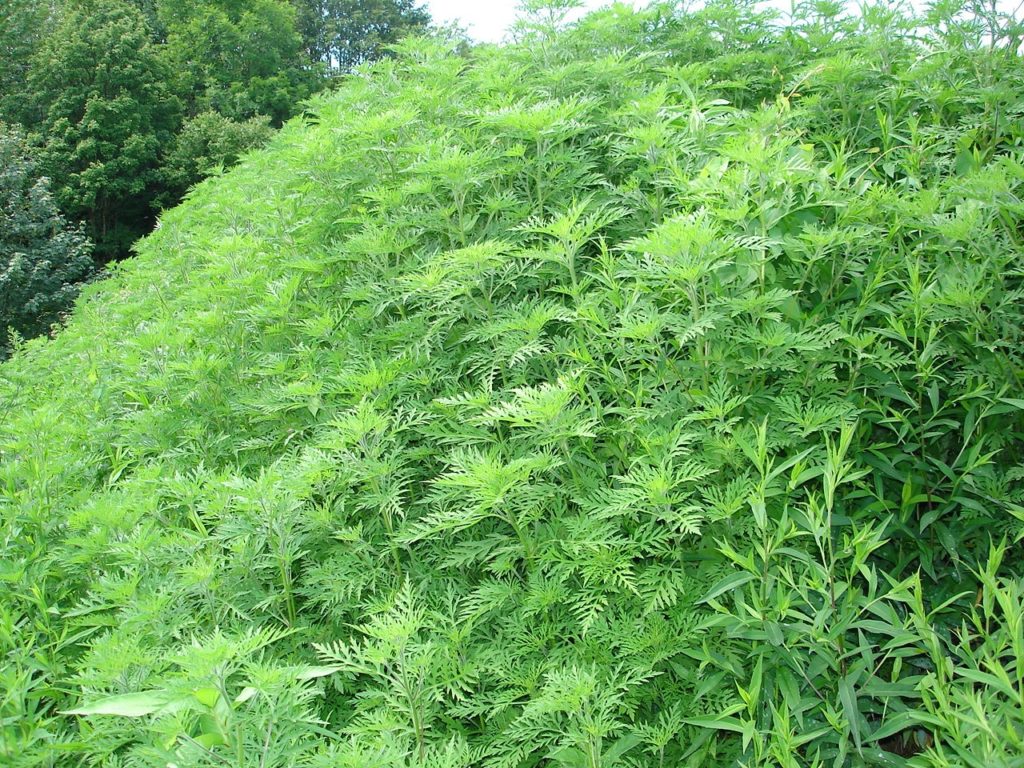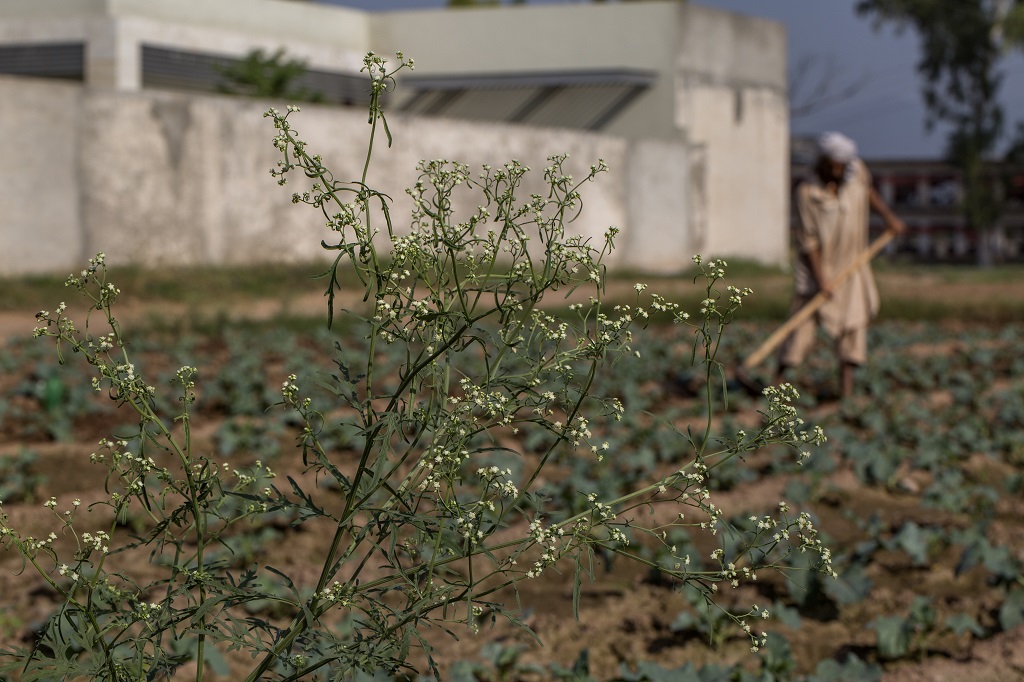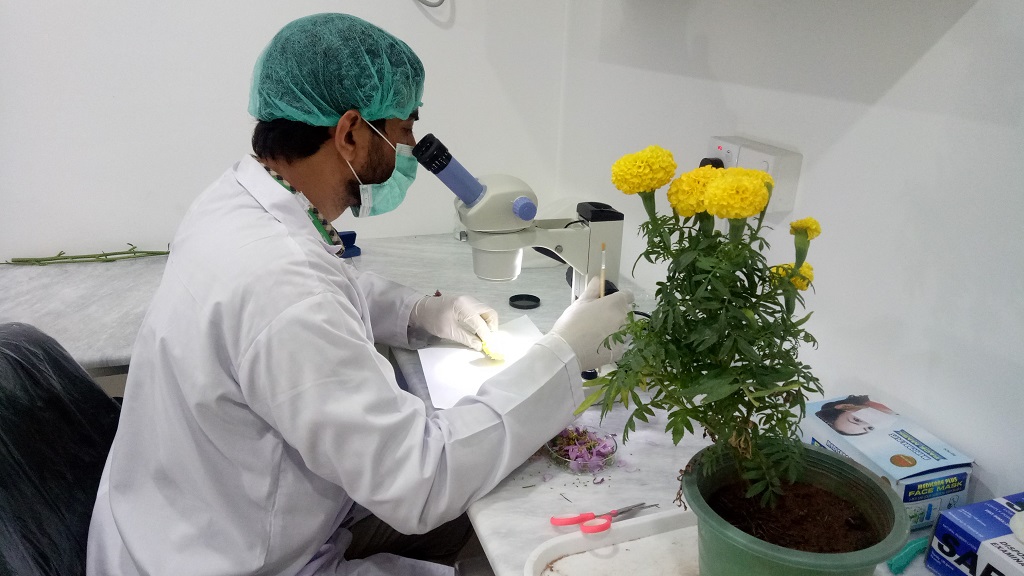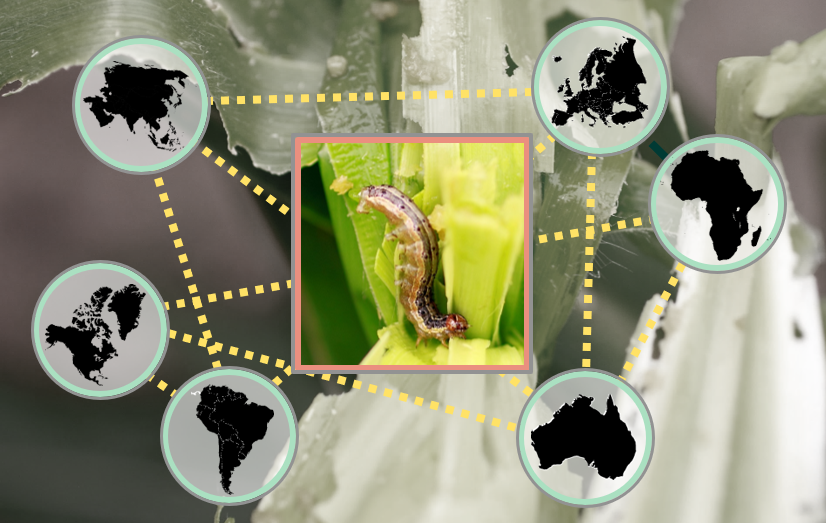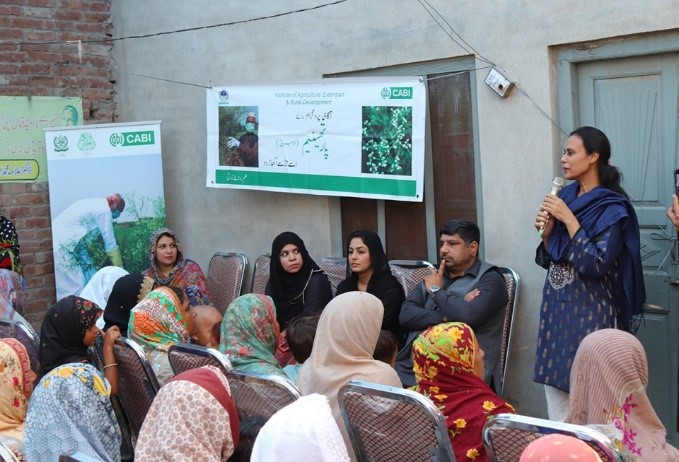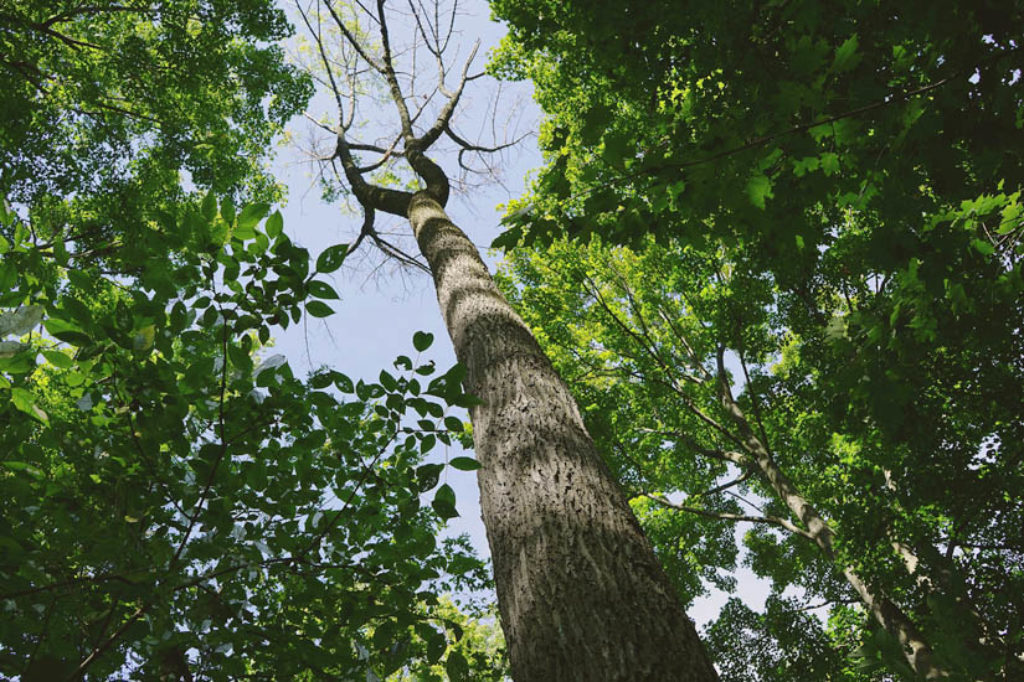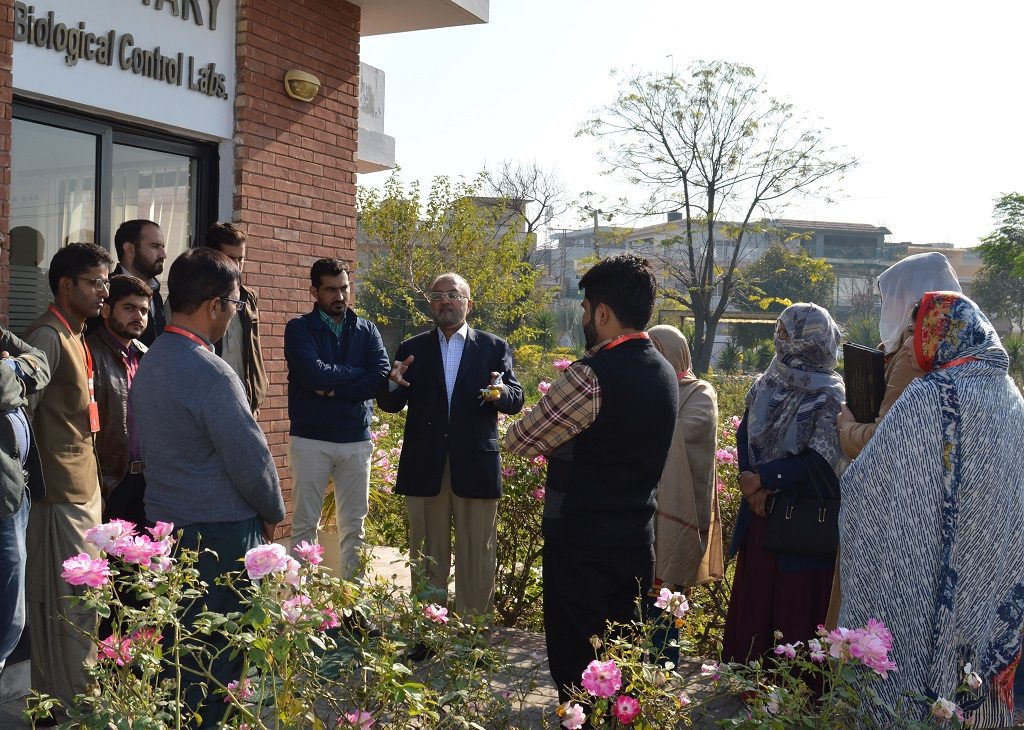Biocontrol: Early season leaf damage could inform us whether a noxious invader produces seeds
CABI scientists suggest a forecasting model could assess the ability of a humble beetle to control Ambrosia artemisiifolia, which causes major crop losses and is a nuisance to human health, as part of a wider management plan that also includes mowing, ploughing or mulching of the fields just before male flower formation.
Communication is key: CABI publishes framework for strategic communications during pest outbreaks
The invasion of a highly destructive plant pest can have a devastating effect on farmers’ crop production, natural ecosystems and economic trade. In Africa, where a large proportion of people live in rural areas and rely on subsistence agriculture, invasive species can cause severe damage and seriously impact food and nutritional security.
The future of fall armyworm research
As COVID-19 forces more and more people indoors, the challenges facing scientific research do not diminish. If anything, the sudden requirement to maintain a sensible distance between colleagues serves only to highlight the lack of resources currently available to facilitate remote working and collaboration in research circles.
Dogs can sniff out huanglongbing months before symptoms appear
Study finds that using dogs to survey for citrus greening disease is more accurate and efficient than current methods. Huanglongbing, or citrus greening disease, is a bacterial disease of citrus plants cause by Candidatus Liberibacter spp. It is thought to have been primarily an insect endophyte, but made the jump to its alternative host – citrus plants…
European ash trees resist devastating insect pest
Ash trees may be more prepared to face invasive threats than previously realised. The European ash (Fraxinus excelsior) is a common site in towns, forests and parkland across the United Kingdom. Since the 1990s, ash trees across Europe have been devastated by ash dieback, a disease caused by the fungal pathogen (Hymenoscyphus fraxineus), which has…
Learning about the commercial aspects of biological control to combat pests and new invasive threats in Pakistan
Biological control is a key element of an integrated pest management strategy. Not only is it environmentally safe but it is also important for sustainable crop production. Among various biocontrol methods, increasing the presence of natural enemies is an effective substitute when they are not sufficiently abundant or effective.

